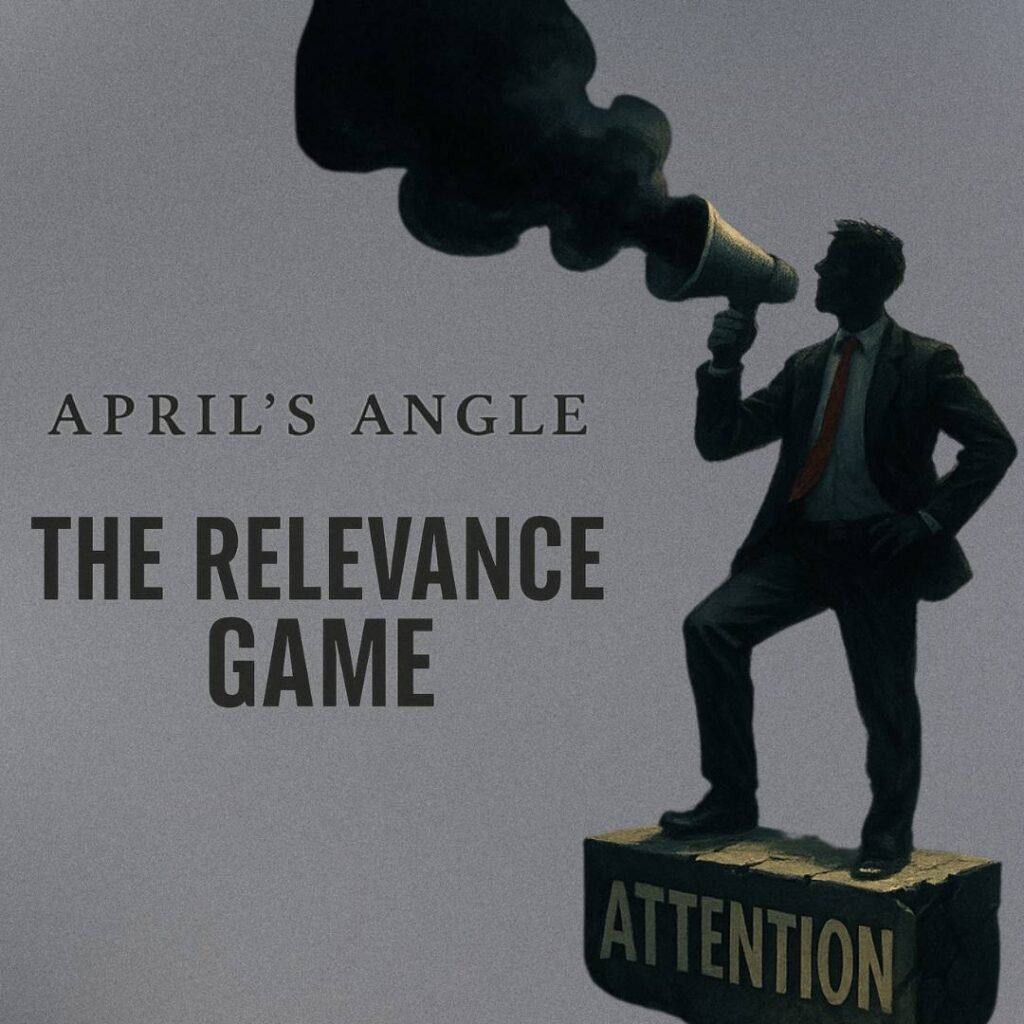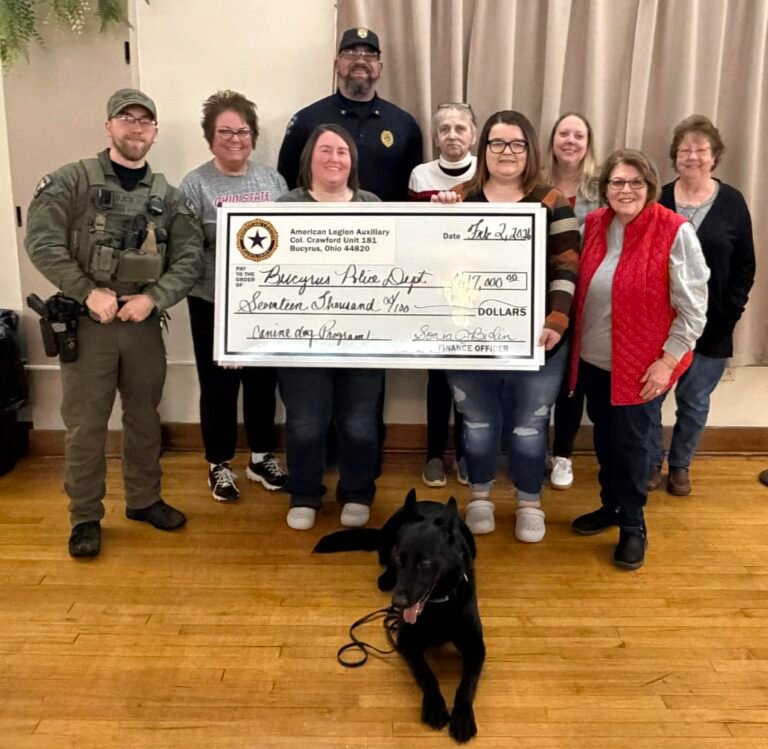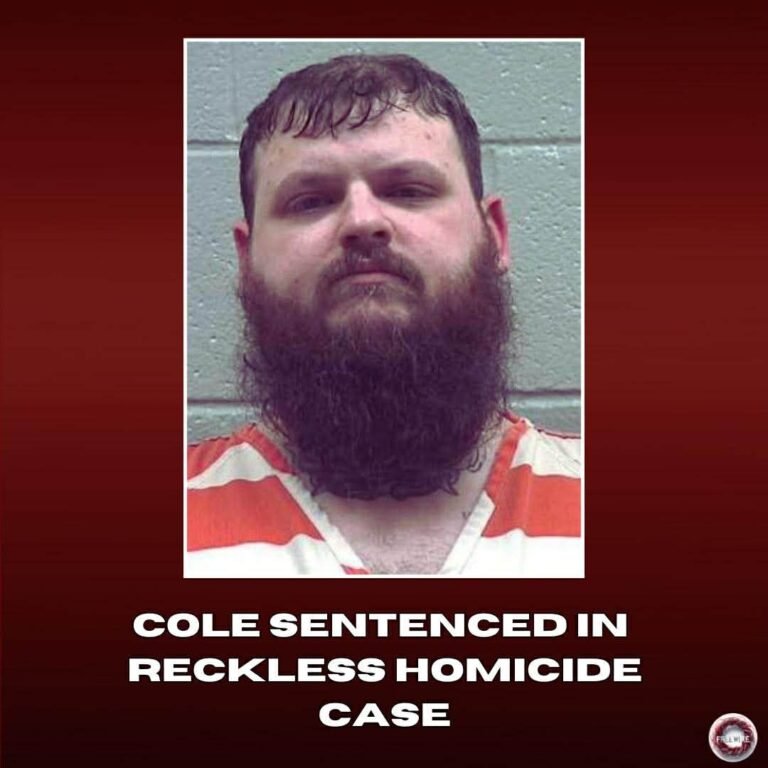
By April Rodgers, Content Coordinator | FreeWire — Your News, Your Voice
It usually starts with obscurity. Someone feels unseen, unimportant, or overlooked — and instead of earning respect through integrity or effort, they chase relevance through spectacle.
They insert themselves into every issue, every headline, every cause — not to make a difference, but to make a scene. This isn’t about change. It’s about attention.
They’ll cling to anyone with influence, borrowing credibility like it’s currency. Once they’re close enough, they ride coattails until they fray — then turn around and sabotage the very people who gave them space. For someone desperate to be noticed, relevance becomes a form of survival.
Spreading false narratives? That’s just a means to an end. Damaging reputations, distorting facts, undermining others — nothing is off-limits when the goal is to be talked about. Sympathy, outrage, even lies become tools in the pursuit of visibility.
What makes them dangerous is how convincing they can appear. They wrap their behavior in the language of advocacy or concern. But look closely, and the cause isn’t really the cause — they are.
Along the way, real people get hurt. Good people. Those consequences are brushed aside. In fact, the fallout becomes fuel. As long as someone’s watching, they consider it a win.
So we have to ask: When did truth take a backseat to attention? When did stepping on others become an acceptable path to relevance?
We live in a time when misinformation spreads fast and loud. That makes it more important than ever to stop mistaking volume for value. It’s time to start recognizing the difference between those who genuinely serve — and those who simply stir.
Because not everyone wants to lead.
Some are just terrified of being forgotten.


















